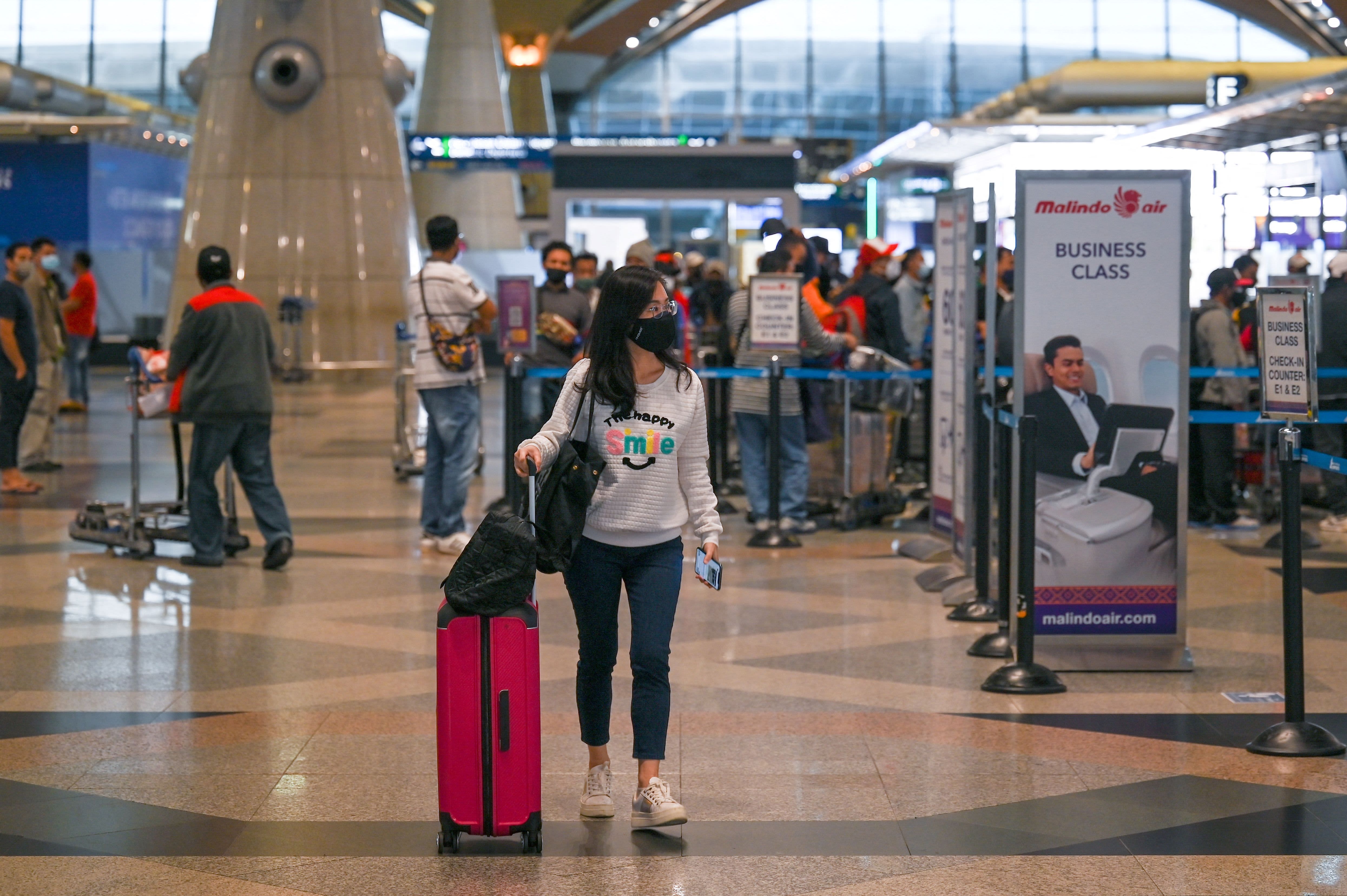The “knee-jerk” reaction from countries imposing border restrictions due to the new omicron Covid variant show that governments haven’t learned much about how to manage Covid-19 effectively, according to CAPA – Centre for Aviation.
Multiple countries including the U.S., Canada, the U.K. and Singapore last week moved to restrict travel from southern Africa after the World Health Organization (WHO) labeled omicron, first discovered in South Africa, a variant of concern.
The newly identified strain has a large number of mutations and worrying characteristics that health experts are concerned about.
Israel and Japan introduced a ban on all foreign visitors.
We don’t really seem to have learned very much … it’s just a sort of knee-jerk every time.Peter Harbisonchairman emeritus, CAPA – Centre for Aviation
Nearly two years into the pandemic, “we don’t really seem to have learned very much,” CAPA’s chairman emeritus Peter Harbison told CNBC’s “Squawk Box Asia” Thursday.
“There’s very little coordination between governments in terms of what we’re doing. It’s just a sort of knee-jerk every time,” he said, calling for a “multilateral consensus.”
The White House chief medical advisor Dr. Anthony Fauci on Wednesday defended the U.S. travel restrictions, and described them as a temporary measure intended to buy time for health officials.
The WHO has warned countries against imposing blanket travel bans, arguing that it will “worsen inequities.” The UN health body instead urged an “evidence-based” approach, including more screening and possible quarantines.
South Africa has also slammed the travel restrictions as “unjustified.”
As of Wednesday, 23 countries across the world reported cases of the highly mutated omicron Covid-19 variant.
Catastrophic outlook for travel
The prevailing disjointed approach has “catastrophic” implications for the global recovery, said Harbison, whose agency provides market intelligence for the aviation and travel industry.
“The industry does have to confront the fact that it’s not going to go away very quickly and we are going to get these reactions inevitably every time there is a new strain, which there quite clearly will be,” he said.
Even before the emergence of the omicron strain, the outlook for the travel industry — and aviation in particular — was bleak.
The International Air Transport Association forecast in October that international air traffic next year will struggle to come close to pre-pandemic levels in 2019.
Asia to be hardest hit
Asia’s aviation industry is expected to be worst hit in 2022, reaching just 11% of 2019 levels based on pre-omicron estimates. That compares to 75% in Europe and 65% for Europe-North America routes.
Asia has so far been slow to open up and roll back travel restrictions compared to other parts of the world.
Singapore has been a forerunner in reinstating travel within the region, launching bilateral travel agreements — known as vaccinated travel lanes (VTLs) — with various countries, including several nearby neighbors.
If Singapore goes that way and really does start closing down, then I think [it] sends a very bad signal.Peter Harbisonchairman emeritus, CAPA – Centre for Aviation
However, Harbison said the country’s response to the omicron outbreak will be closely watched.
“If Singapore goes that way and really does start closing down, then I think it sends a very bad signal to the rest of the region,” he said.
However, China — Asia’s greatest contributor to international tourism — continues to hold the greatest sway on the region’s recovery. With little signs of China lifting international border restrictions in the near-term, the impact on the industry could be felt for some time.
“China has a massive impact on this region in terms of travel. So if they’re not going to move, then this region in particular does suffer,” said Harbison.
